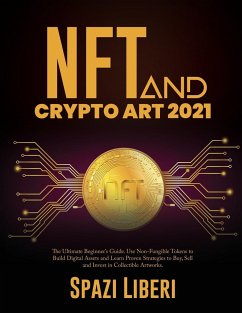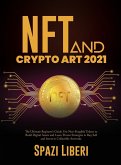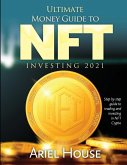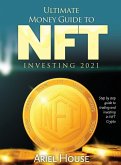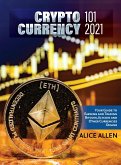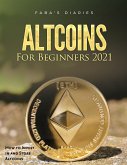Art, music, game goods, and movies are all examples of digital assets that reflect real-world things such as NFTs. The majority of them are purchased and sold online, often in cryptocurrency exchange, and they are usually programmed using the same underlying software as many other digital currencies. However, despite the fact that they have been available since 2014, NFTs are growing in popularity due to the statistic that they are becoming an increasingly popular method of purchasing and selling digital artwork. Since November 2017, a whopping $174 million has been spent on NFTs, which is an all-time high. Aside from that, NFTs are usually unique, or at the very least one of a very limited run, and unique identification codes identify them. According to Arry Yu, head of the Washington Technology Industry Association Cascadia Blockchain Council and managing director of Yellow Umbrella Ventures, "in essence, NFTs generate digital scarcity." This is in striking contrast to the vast majority of digital works, which are virtually always available in an unlimited quantity. Thus, if a specific item is in high demand, shutting down the supply of that asset should, increase the value of that asset. In reality, many NFTs have been digital works that already exist in some form in other places, such as famous video clips from NBA games or securitized copies of digital art that is already floating around on Instagram,at least in their early stages.A well-known digital artist, better known as "Beeple," created "EVERYDAYS: The First 5000 Days" from a composite of 5,000 daily drawings, which became the most expensive NFT ever sold at Christie's for a world record-breaking $69.3 million in 2011. Online, anybody may see individual images-or even the whole collage of images-for no charge at any time. As a result, individuals are ready to pay millions of dollars on something that they could simply capture or download for free. Because a non-financial transaction enables the buyer to retain ownership of the original object. Not only that, but it also has built-in authentication, which acts as a means of establishing evidence of ownership. It is nearly as valuable as the object itself to collectors for them to have those "digital bragging rights."
Hinweis: Dieser Artikel kann nur an eine deutsche Lieferadresse ausgeliefert werden.
Hinweis: Dieser Artikel kann nur an eine deutsche Lieferadresse ausgeliefert werden.

